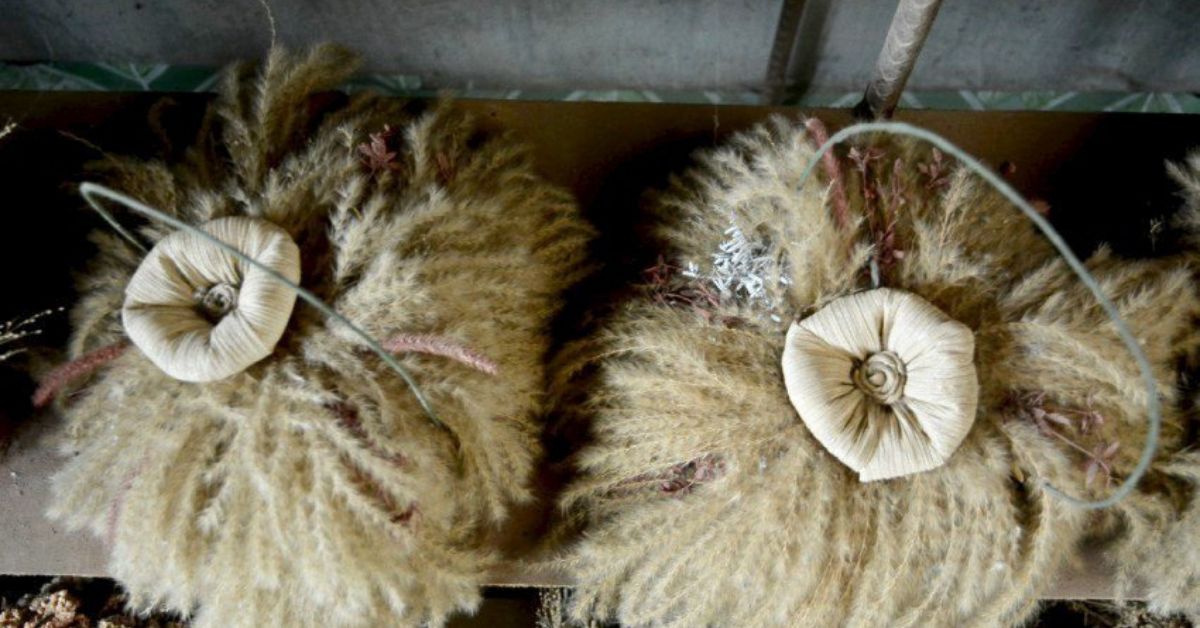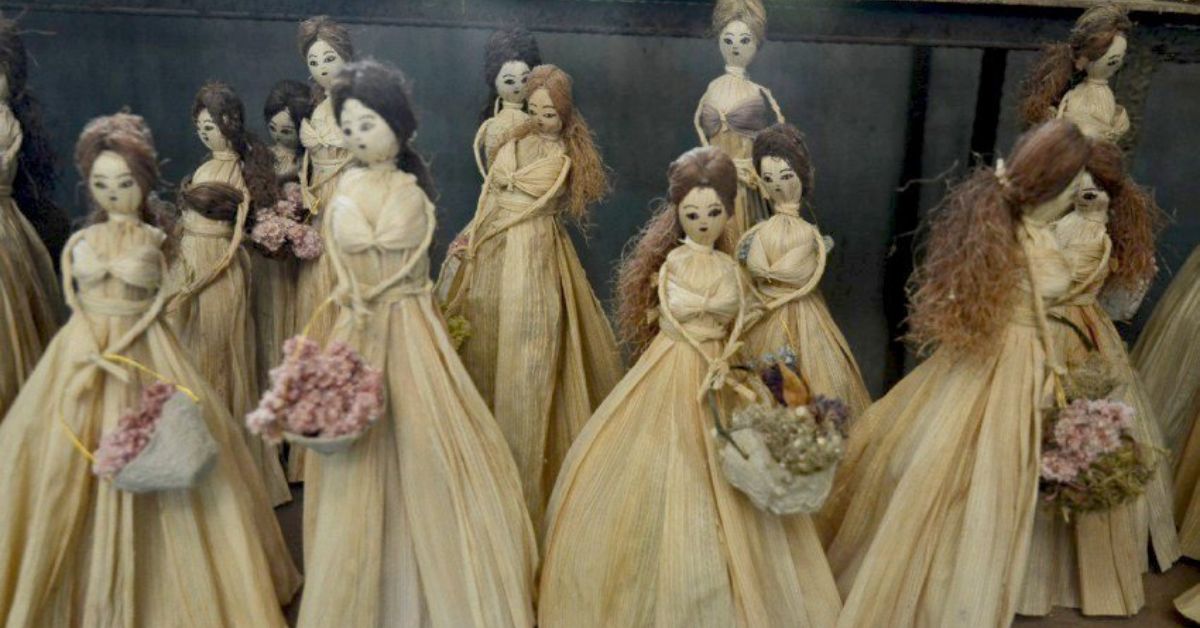Characteristic picture courtesy: E-Pao Manipur/X
In the event you thought vegetable scraps belonged within the compost bin, Manipur-based artist Nelly Chacheya is right here to vary your thoughts. Tucked away within the Senapati district, Nelly has mastered the craft of reworking discarded corn husks and silks into delicate, hand-crafted dolls which can be equal elements artwork and sustainability assertion.
At first look, they could appear to be elegant souvenirs, however a more in-depth look reveals an inspiring story of 1 lady’s creativity and dedication to greener residing.
Commercial
A florist with a curious eye
Nelly didn’t start as a dollmaker. For years, she labored as a florist, arranging contemporary blooms and tossing the wilted leftovers into the bin. However sooner or later, as she sorted by way of vegetable scraps, particularly corn husks from her household kitchen, she observed the gentle texture and construction they provided. What if these weren’t simply waste, however uncooked materials for one thing lovely?
Her first doll was an experiment. Utilizing dried corn husks for the physique and silky threads from corn cobs for the hair, she constructed a tiny determine, dressed it in layered petals, and painted on a face. It was easy, however charming, and sufficient to spark a brand new concept.
From pastime to homegrown enterprise
Phrase quickly unfold. Guests to her flower store would marvel on the dolls on show, typically mistaking them for boutique handicrafts. “She collected corn trash and reworked it into dolls. It’s so lovely,” stated one admirer. Inspired by the response, Nelly started taking customized orders, reads a report by ANI. Every doll was handmade, distinctive, and mirrored her evolving method.
At present, she operates from a small studio area the place she continues to handcraft these dolls to order. With no formal artwork coaching, she has taught herself the way to manipulate pure supplies, dry them for sturdiness, and mix them with ornamental parts like seeds, flowers, and leaves. What started as an inventive outlet is now a supply of earnings—and a lesson in round residing.
A course of rooted in persistence
Crafting one doll takes a number of days. First, the vegetable waste is fastidiously sorted, washed, and sun-dried. Nelly makes use of the husks to type the physique, layering and folding them into form. The corn silk is braided into hair, whereas dried flowers type equipment or skirts. A ultimate contact of paint brings out facial options, persona, and character. No two dolls are alike, and that’s precisely how Nelly likes it.

She additionally experiments with color, leaving some husks of their pure beige tones, whereas staining others with plant-based dyes to create pastel shades.
Commercial
Sustainability at its core
In a area the place waste administration continues to be evolving, Nelly’s work provides a blueprint for eco-conscious creativity. Her dolls are absolutely biodegradable, created with out plastic, and sourced totally from pure, domestically accessible supplies.
Extra importantly, her initiative subtly challenges the tradition of disposability. By turning “trash” into artwork, she invitations folks to rethink what they throw away and what it might develop into with a little bit of creativeness.
Inspiring a quiet revolution
Nelly’s journey hasn’t gone unnoticed. Her craft is now inspiring ladies in neighbouring villages to discover related concepts with plant waste, encouraging entrepreneurship at a grassroots stage. Whereas she hasn’t formalised a coaching programme but, she typically shares her strategies with those that present curiosity.
In a area the place financial alternatives might be restricted, her mannequin of self-employment, primarily based on sustainable practices, is quietly empowering ladies to earn from their very own houses, utilizing nothing however kitchen scraps and inventive intuition.
What lies forward
Nelly hopes to scale her initiative by conducting workshops and collaborating with artisans and eco-conscious patrons past Manipur. Her dream? To see her dolls develop into symbols of sustainable craft from the Northeast, which is handmade, rooted in custom, and delicate on the planet.

As her creations discover houses throughout India, Nelly stays grounded in her objective: to remind those that waste is simply waste if you happen to let it’s.
Commercial
Advantages of her sustainable dolls
- Zero waste: Reuses vegetable refuse that might in any other case be discarded.
- Eco-friendly supplies: Utterly biodegradable, with no artificial fibres or plastic.
- Low-cost manufacturing: Makes use of available supplies, requiring no industrial processing.
- Neighborhood impression: Empowers rural ladies to begin their very own eco-craft ventures.
- Cultural fusion: Blends conventional doll-making with a contemporary sustainability ethos.

